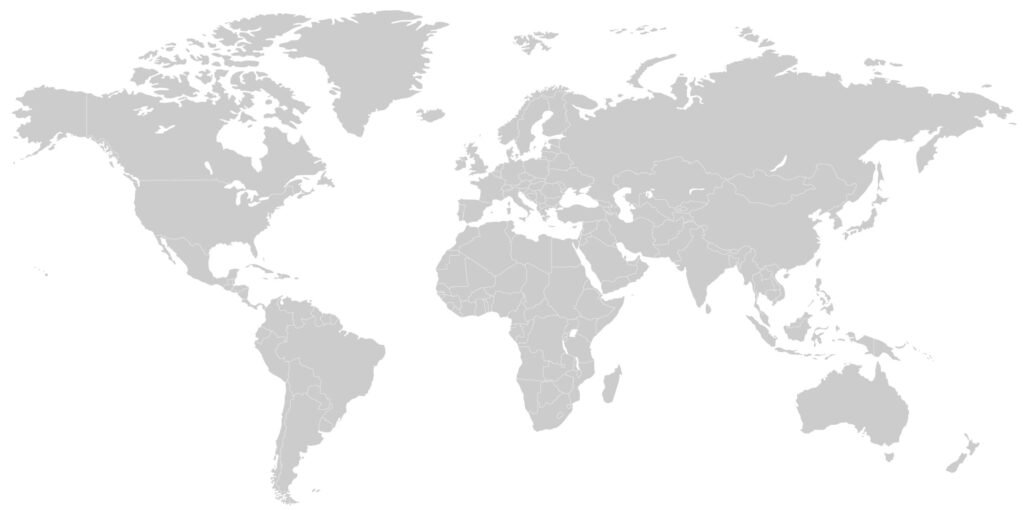

The Certified Quality Engineer is a professional who understands the principles of product and service quality evaluation and control. This body of knowledge and applied technologies include, but are not limited to, development and operation of quality control systems, application and analysis of testing and inspection procedures, the ability to use metrology and statistical methods to diagnose and correct improper quality control practices, an understanding of human factors and motivation, familiarity with quality cost concepts and techniques, and the knowledge and ability to develop and administer management information systems and to audit quality systems for deficiency identification and correction.
Here are key takeways that will help you understand the course values
The CQE certification is important as it validates an individual’s knowledge and proficiency in quality engineering methodologies. It demonstrates their ability to contribute to quality improvement initiatives, problem-solving, and process optimization within an organization. CQE certification is recognized globally and can enhance career opportunities in quality engineering roles.
By becoming a CQE, professionals gain credibility and recognition for their expertise in quality engineering. This certification equips individuals with a comprehensive understanding of quality principles, statistical analysis, quality tools and techniques, process improvement methodologies, and quality management systems. It opens doors to career advancement opportunities and positions them as valuable assets to organizations seeking to enhance their quality engineering practices.
To become a CQE, you need to meet the eligibility requirements set by the certifying organization, such as the American Society for Quality (ASQ). This typically includes a combination of work experience and education. Once eligible, you must pass the CQE examination, which assesses your knowledge and understanding of quality engineering principles and practices.
The CQE certification examination covers a wide range of topics related to quality engineering. These include quality management systems, statistical analysis, probability and statistics, process capability and control, design of experiments, reliability and maintainability, measurement systems analysis, and problem-solving methodologies.
Yes, it is possible to pursue CQE certification without prior experience in quality engineering. However, it is recommended to have a foundational understanding of quality engineering principles and practices. The certification examination will test your knowledge and understanding of these concepts, regardless of your prior work experience.
Absolutely. CQE certification offered by ASQ is internationally recognized. Professionals from all around the world can pursue and obtain this certification to enhance their career in quality engineering.

Bangalore, India
We are eager to working with you
Effortlessly create, assign, and monitor in real-time